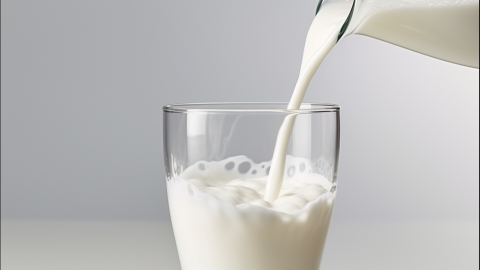Which is more nutritious: formula milk or pure milk?
Generally speaking, both formula milk powder and pure milk have their own characteristics in terms of nutritional components, and it cannot be simply stated that one is nutritionally superior to the other. It is recommended to choose based on individual circumstances. Detailed analysis is as follows:

Milk powder is a product of milk processed through dehydration and drying techniques, so its nutritional components are relatively concentrated. For example, the protein content per 100 grams of milk powder can be as high as 19.8 grams. Additionally, milk powder contains relatively high levels of calcium that are more easily absorbed and utilized by the human body. Moreover, the ratio of proteins and fats in milk powder is adjusted to be more easily digested and absorbed by infants, meeting their specific growth and developmental needs.
Pure milk, on the other hand, is a natural dairy product containing abundant proteins, fats, calcium, and other nutrients. These components help maintain normal human growth and development and promote bone health. Furthermore, pure milk may contain probiotics and immune factors, which also help maintain intestinal microecological balance and improve the body's immunity.
It is recommended to choose between milk powder or pure milk according to individual nutritional needs, health conditions, and taste preferences in daily life to meet daily nutritional requirements.







